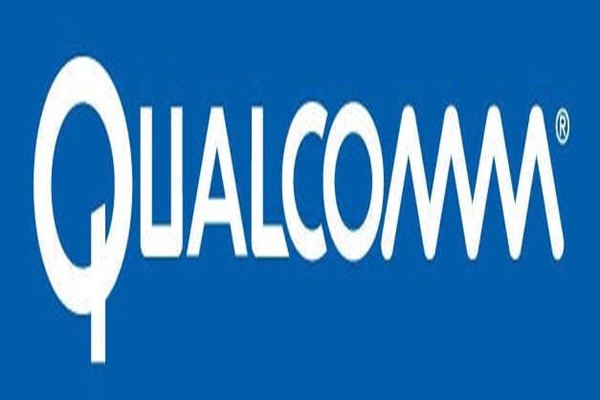After Qualcomm filed an administrative lawsuit in 2017 after objecting against Fair Trade Commission’s corrective order sentencing, it filed lawsuits regarding ‘limited access to lawsuit and court records’ for reasons such as confidential business information. It is basically asking the court to prohibit other domestic and foreign companies from looking into Qualcomm-related information.
This move by Qualcomm is contrary to its past behavior when it strongly requested data access right to Fair Trade Commission (FTC) and filed lawsuits to U.S. courts while saying that it would make evidence that was submitted by domestic and foreign companies to FTC public during an investigation process.
According to industries and Seoul High Court, Qualcomm filed 40 cases of lawsuits regarding ‘limitation to its lawsuit and court records’ for the past 2 years.
At the end of 2016, FTC levied its largest fine ($912 million) and enforced corrective order on Qualcomm for abusing its market power. In February of 2017, Qualcomm filed an administrative lawsuit by stating that the fine and corrective order are unfair and it had filed about 40 restriction lawsuits for 2 years. Legal industry saw these lawsuits as ‘unusual’.
Qualcomm is stating within its lawsuits that it wants to prohibit FTC and supplement participants (LG Electronics, Apple, Intel, Mediatek, and Huawei) from viewing relevant information as lawsuit and court records contain its confidential business information. Supplement participants are companies that were harmed from Qualcomm’s unfair acts and they have basically formed a type of an ‘alliance’ with FTC.
This move by Qualcomm is contrary to its past behaviors.

Qualcomm asked for guarantee on data access right and cross examination right while stating that it did not receive ‘procedural protection measure’ during deliberation process when it filed an administrative lawsuit against FTC in 2017. Data access right allows Qualcomm to look at relevant evidence that proves Qualcomm’s suspicion of violating a law. Also, Qualcomm filed a lawsuit to U.S. court asking evidence that FTC received from Apple in early 2016 while FTC was doing its investigation to be made public.
“While Qualcomm is stating that it wants to look at evidence submitted by other companies, it wants to keep materials related to Qualcomm confidential.” said a representative for an industry that is familiar with this issue. “Due to this reason, Qualcomm is not revealing patent information related to this lawsuit to supplement participants and is taking a closed behavior.”
Industries are interested on how this behavior will impact discussions between South Korean Government and U.S. Government.
USTR (United States Trade Representative) requested a joint council conforming to FTA (Free Trade Agreement) between South Korea and the U.S. while stating that South Korean Government did not give enough defense right to American companies when it was investigating them for suspicion of unfair trades. As USTR requested South Korean Government to introduce data access right and cross examination right just like Qualcomm, it seems that USTR will make relevant statements during a joint council. Although USTR did not mention any particular business when it requested a joint council, it is likely that it kept Qualcomm incident in mind when it was requesting a joint council.
FTC announced that it would fully accept USTR’s request once there is a joint council.
“We will be able to understand USTR’s requests in detail once there is a joint council.” said a representative for FTC.
Staff Reporter Yoo, Seonil | ysi@etnews.com